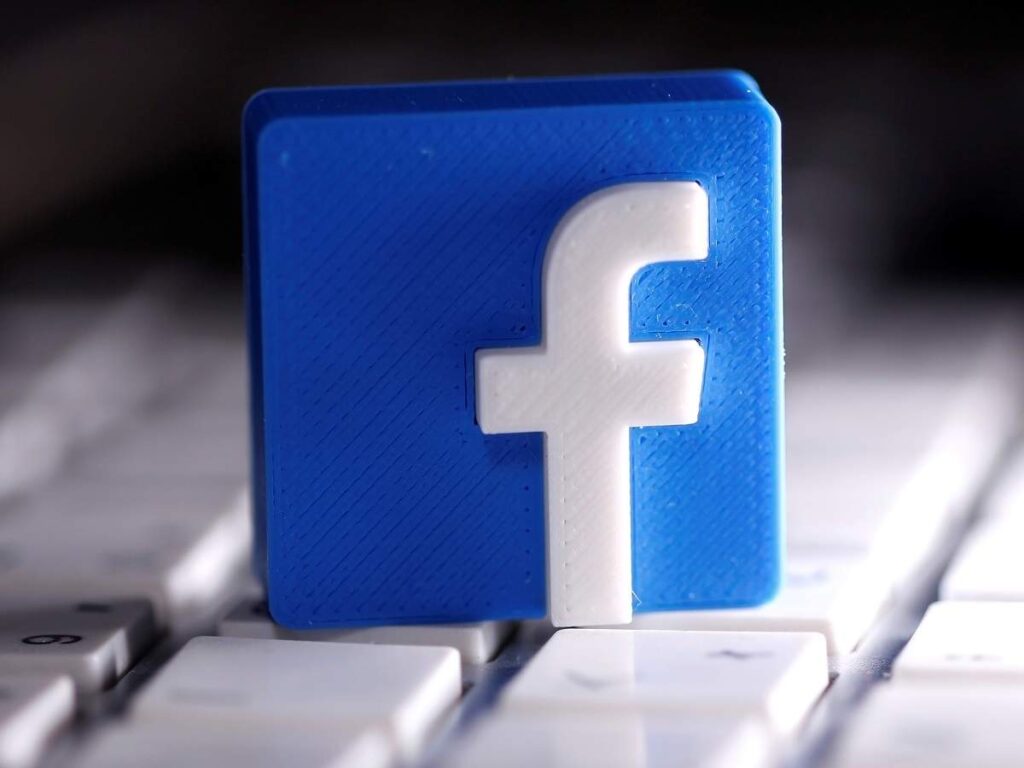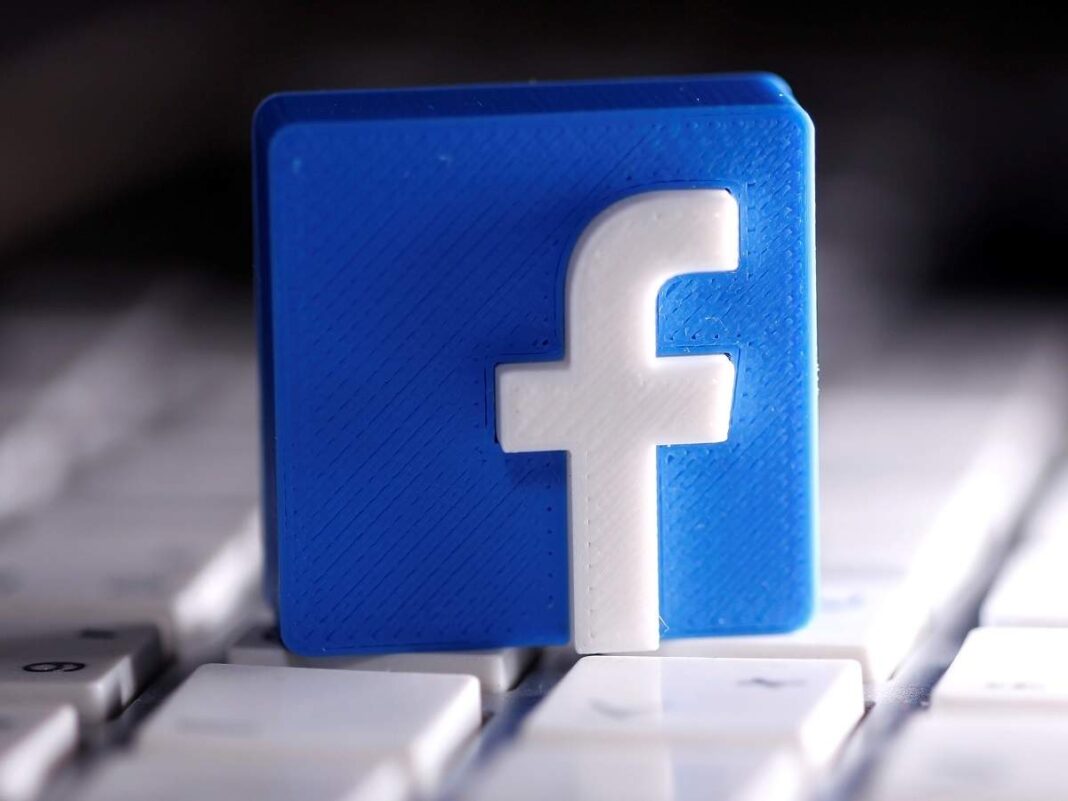The deadline for complying with new legal rules for large social media platforms, released by the government three months ago, ends on Tuesday, threatening Twitter operations in India.
According to major official sources, social media platforms such as Twitter, Facebook and others,. Which were required to comply with the rules notified to the Official Gazette of India on February 25 under the Guidelines for Intermediaries and the Rules of Digital Media Code of Ethics, 2021.. Have failed to comply with many accounts to date.
The government rules will take effect on May 26
“If social media companies do not obey the rules, they risk losing their status and protections as intermediaries. And may be subject to criminal prosecution according to the laws in force in India,”. Sources said.
With the exception of an Indian social media company, Koo,. Sources said that none of the major social media intermediaries have yet appointed a resident grievance officer, a compliance officer and a nodal contact person.
Last week, Koo said it had complied with the requirements of the new rules and that its privacy policy, terms of service and community guidelines now reflect the changes. Koo has nearly 6 million (60 lakh) users, making it a major social media intermediary under the new guidelines.

Sources said the inability of social media companies to make these appointments in three months was not welcomed by the government.
With arbitrary account suspensions and inaction due to abuse and intolerance on social media platforms, users in India constantly complain about tech giants like Twitter, Facebook and others.
Facebook said on Tuesday it was working on implementing business processes and aiming to comply with the provisions of IT rules that would go into effect on May 26.
The social media giant, however, said it was continuing to discuss “some of the issues that need more engagement” with the government.
Comments take center stage as social media companies face the May 25 deadline to comply with new guidelines for digital platforms.
Facebook remains committed to the ability of people to express themselves freely and securely on our platform, the spokesperson added.
However, the company did not disclose any additional details.
Toolbox:
In the latest alleged controversy over the Congressional Toolkit, Delhi police visited local Indian offices on Twitter in the national capital region on Monday after Twitter flagged one of BJP spokesperson Sambit’s tweets. Patra, as “manipulated media”.
The alleged Twitter trial has sparked widespread outrage among Indian users across the country.
The sources said that social media platforms, which were supposed to provide monthly reports on how many complaints were filed and resolved, did not. Some of the platforms, the sources said, have sought more time of up to six months to provide compliance.
For some platforms, the sources said, the standard response has been that they will wait for instructions from their company’s US headquarters, who in turn will have an “expert assessment” to provide information.
US-based social media platforms have grown tremendously thanks to their huge user base and profitable revenues in democracies like India. However, none of the platforms have shown any inclination to comply with the national laws of India.
Instead, social media platforms have refused to be transparent about their data verification mechanism and criteria for tagging tweets.
According to sources close to the development, provisions on voluntary verification, a 24-hour schedule to remove content marked for nudity, etc. have been implemented. And establish a process and mechanism for the repair of claims with a time limit, while fulfilling requirements such as the generation of monthly compliance. Reports and the appointment of a Chief Compliance Officer, Nodal Contact Person, and Resident Complaint Officer are ongoing.
The government had set 50 lakh registered users as the threshold for defining ‘significant social media corridor’,. Meaning that big players like Twitter, Facebook and Google would have to comply with additional rules.
Announcing the guidelines in February, he said the new rules will go into effect immediately, while major social media providers. (based on a number of users) will have three months to begin complying.
Interesting Find :- What to Expect from an SEM Agency in Singapore
The three-month period meant compliance by May 25
Major social media companies will also need to publish a monthly compliance report that reveals details of complaints received and actions taken, as well as details of content proactively removed. They will also need to have a physical contact address in India posted on their website or mobile app, or both.
According to the data cited by the government, India has 53 million WhatsApp users,. 44.8 million YouTube users, 41 million Facebook subscribers, 21 million Instagram customers,. While 1.75 account holders 1 billion are on the microblogging platform Twitter.
The new rules were introduced to make social media platforms like Facebook, WhatsApp, Twitter, and Instagram, which have seen a phenomenal increase in usage in recent years in India, more accountable for content hosted on their platform.
Social media companies will need to remove posts that show nudity or transformed photos within 24 hours of receiving a complaint.
In particular, the rules require significant social media intermediaries, providing primarily messaging services, to allow identification of the “first originator” of information that undermines India’s sovereignty, state security or public order.
The intermediary, however, will not be required to disclose the content of a message.
This could have major ramifications for players like Twitter and WhatsApp.
The rules also state that users who wish to voluntarily verify their accounts must have an appropriate mechanism to do so and be assigned a visible verification mark.
Users will need to receive a prior indication and explanation when a major social media intermediary deletes content on their own. In such cases, users should be given an adequate and reasonable opportunity to challenge the actions taken by the intermediary.















